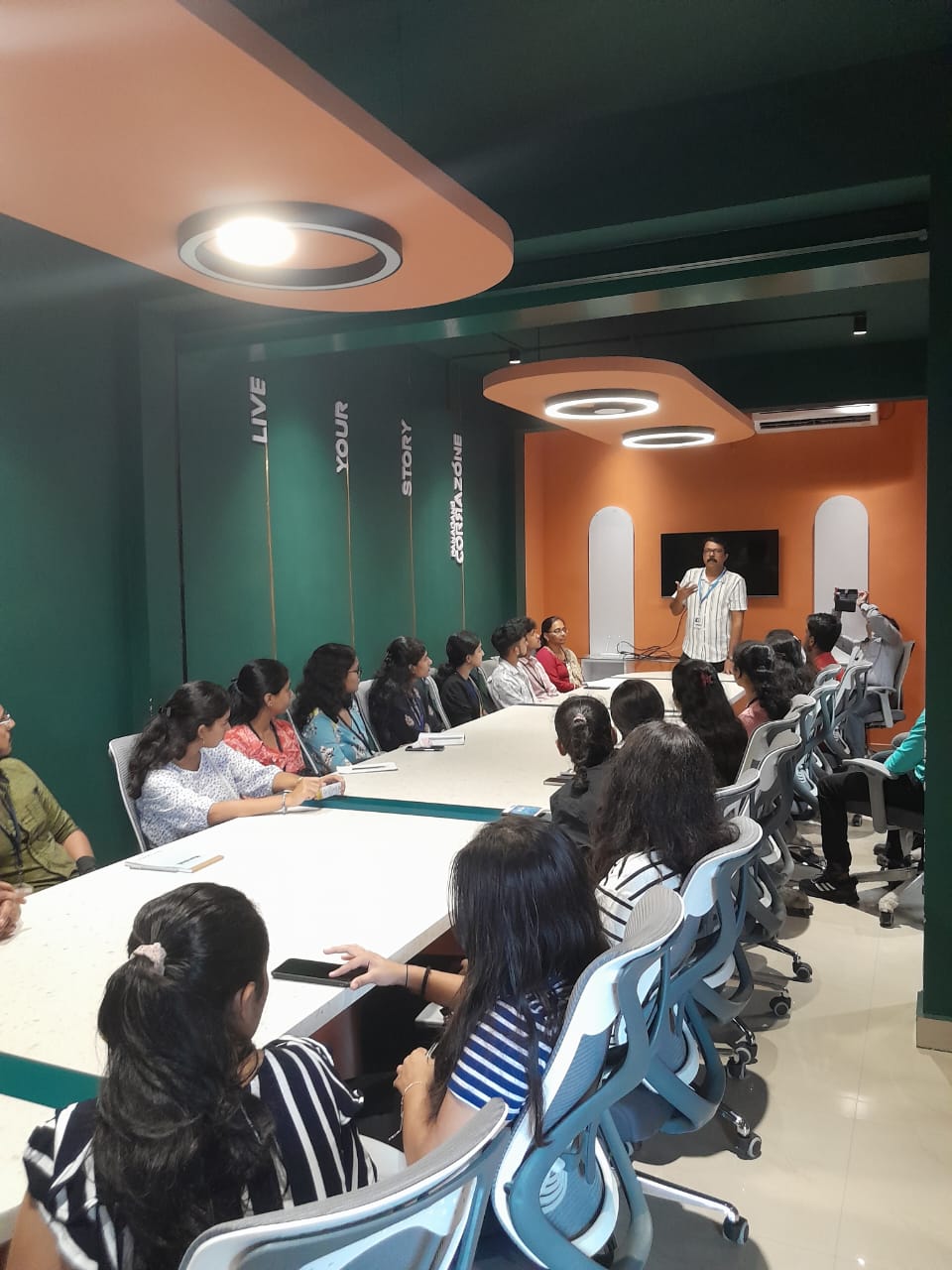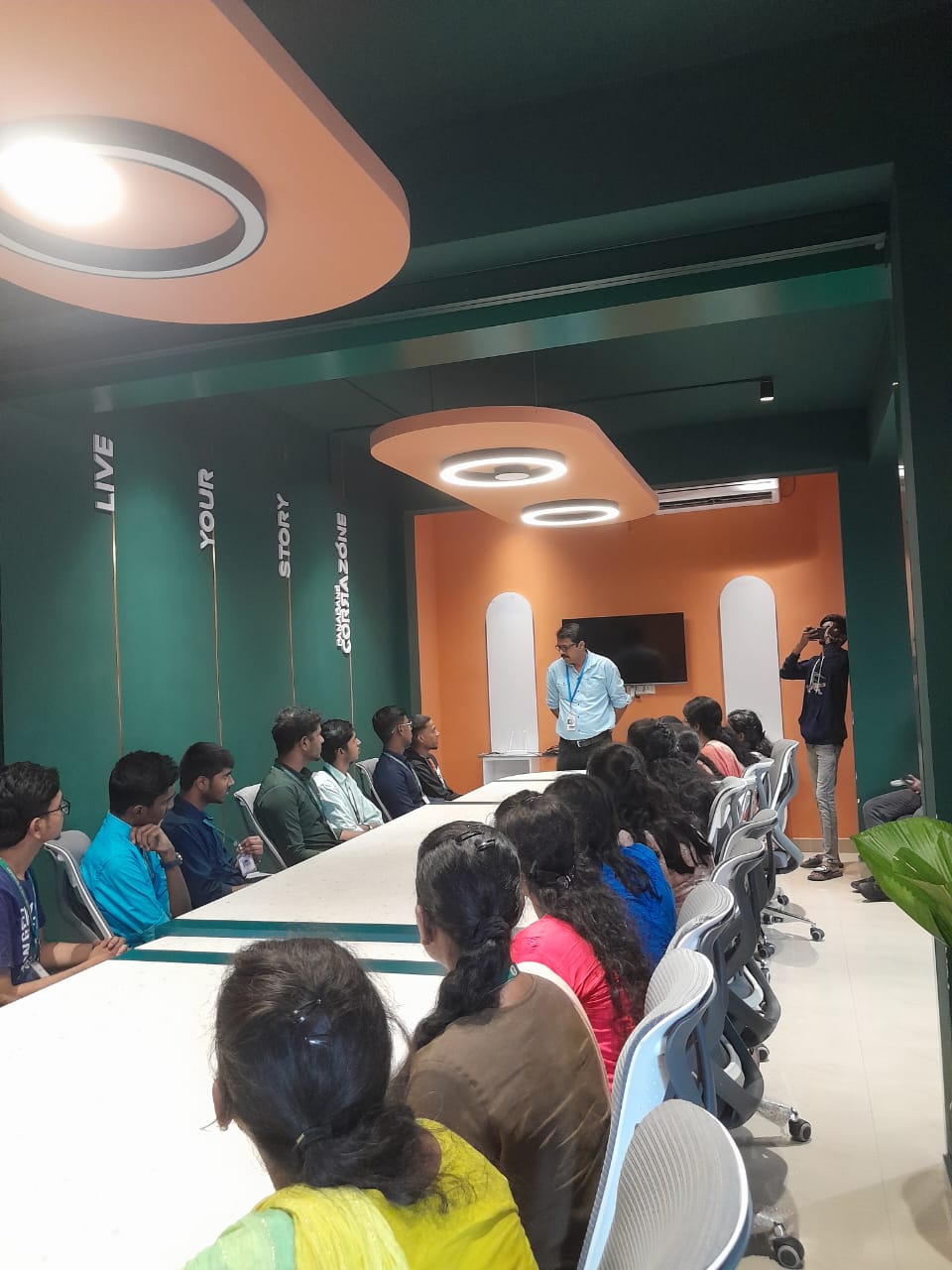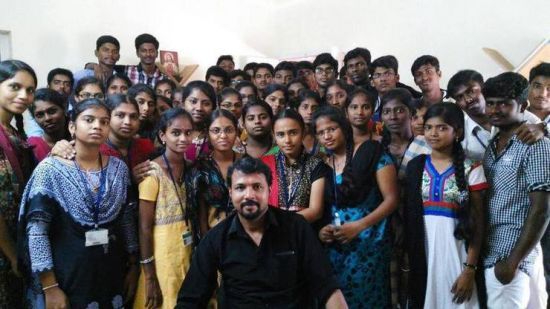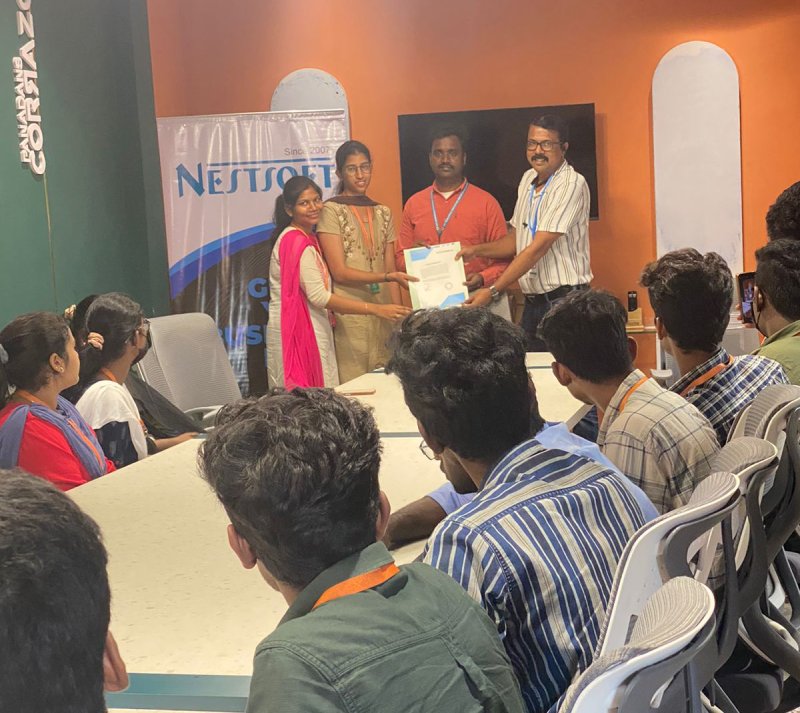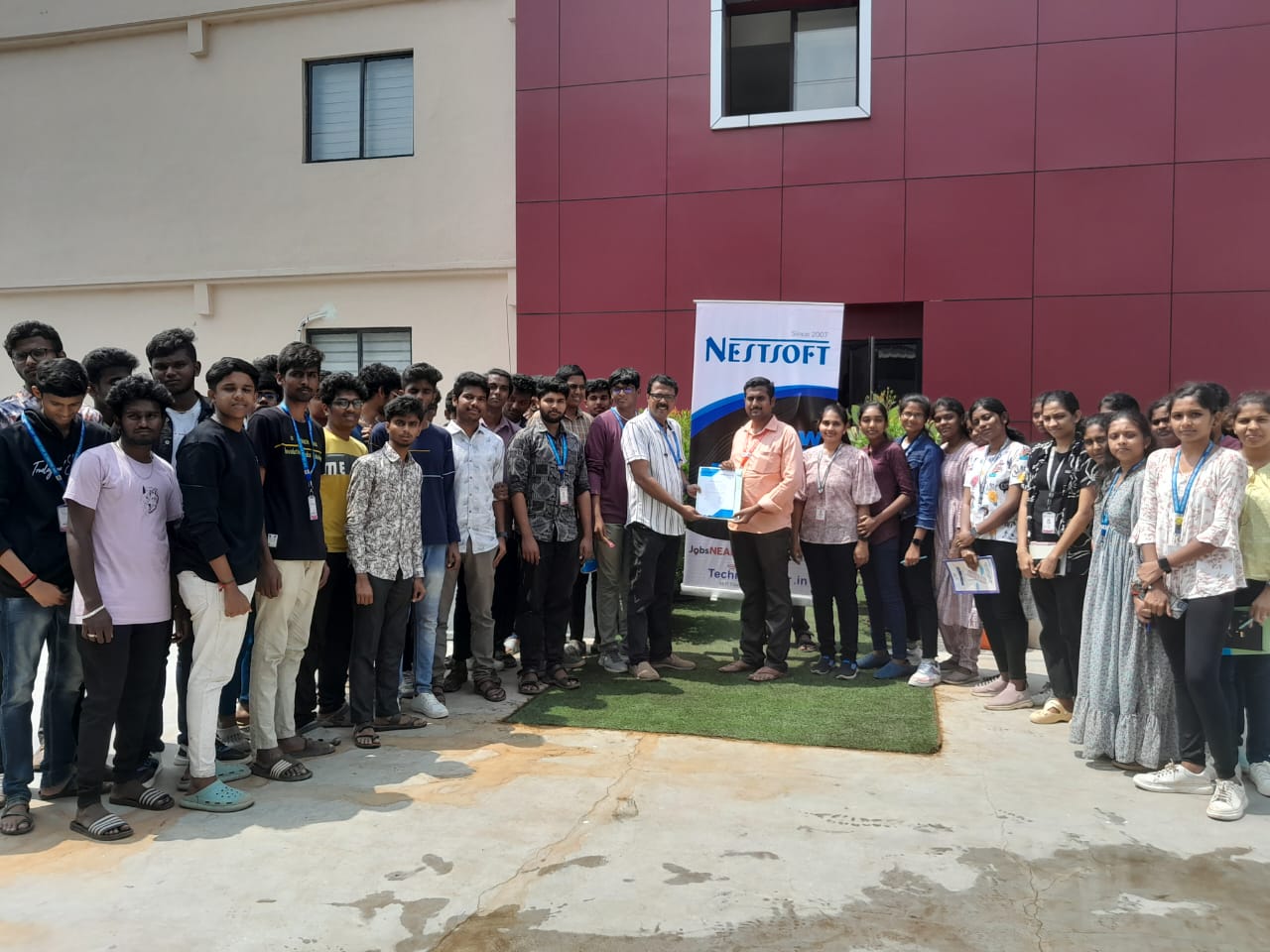Machine Learning Training by Experts
Our Training Process

Machine Learning - Syllabus, Fees & Duration
Module 1 : CORE PYTHON
- Short history
- Introduction
- Features of Python
- Python2 Vs Python 3
- Python Installation
- Python Interpreter
- How to Run Python
- Basic Syntax
- Python Identifiers, Keywords and Indentation Rules
- Type Checking
- Input, Output, Variables, Data Type and Datatype Casting
Module 2 : MACHINE LEARNING
- Data Analysis
- Data Visualization
- Data Classification
- Supervised Learning Unsupervised Learning
Module 3 : SUPERVISED LEARNING
- Classification
- K-Nearest Neighbours
- Decision Tree
- Naive Bayes
- Logistic Regression
- Support Vector Machine
- Random Forest
- Logistic Regression
- Regression
- Single Linear Regression
- Multiple Linear Regression
Module 4 : UNSUPERVISED LEARNING
- Clustering
- Hierarchical Clustering
- KMeans Algorithm Association
Module 5 : DATA PREPROCESSING
- PCA
- Dimensionality reduction
- Correlation
- Features Extraction Algorithm
This syllabus is not final and can be customized as per needs/updates




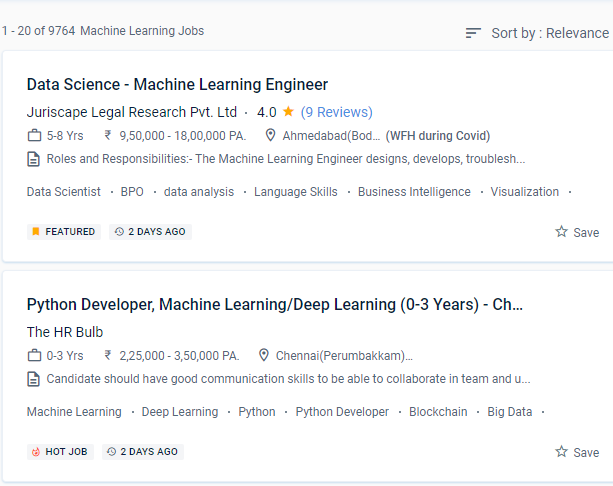
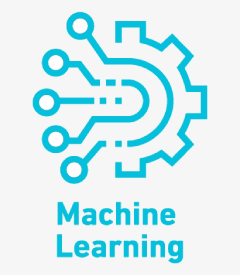 .
Machine learning is the study of computational algorithms that can automatically improve witpracticese and is implemented as part of artificial intelligence. Machine learning is the most in-demand position in the information technology industry right now. Check out our NESTSOFT courses in Hamad Town if you're interested in learning more about Machine Learning. Can a machine, like a human, learn from skills or previous data? So here's where Machine Learning comes in. Learning machine learning can help you advance your profession.
An overview of artificial intelligence and machine learning, fundamental principles for machine learning, data pre-processing, feature extraction, regression, logistic regression, nave Bayes, decision trees, kernel methods, and support vector machine and k-means and hierarchical clustering are among the topics covered in this course. The Hamad Town machine learning course covers the fundamentals of computational data processing, visualization, prediction, and current deep learning topics. You'll need data training capabilities, algorithm basics, advanced, automation, and iterative processes, ensemble modeling, and scalability to build a strong ML (machine learning) system.
You'll also have the opportunity to work as a data scientist, Machine Learning engineer, or data engineer for several years and learn from industry specialists.
.
Machine learning is the study of computational algorithms that can automatically improve witpracticese and is implemented as part of artificial intelligence. Machine learning is the most in-demand position in the information technology industry right now. Check out our NESTSOFT courses in Hamad Town if you're interested in learning more about Machine Learning. Can a machine, like a human, learn from skills or previous data? So here's where Machine Learning comes in. Learning machine learning can help you advance your profession.
An overview of artificial intelligence and machine learning, fundamental principles for machine learning, data pre-processing, feature extraction, regression, logistic regression, nave Bayes, decision trees, kernel methods, and support vector machine and k-means and hierarchical clustering are among the topics covered in this course. The Hamad Town machine learning course covers the fundamentals of computational data processing, visualization, prediction, and current deep learning topics. You'll need data training capabilities, algorithm basics, advanced, automation, and iterative processes, ensemble modeling, and scalability to build a strong ML (machine learning) system.
You'll also have the opportunity to work as a data scientist, Machine Learning engineer, or data engineer for several years and learn from industry specialists.









































































